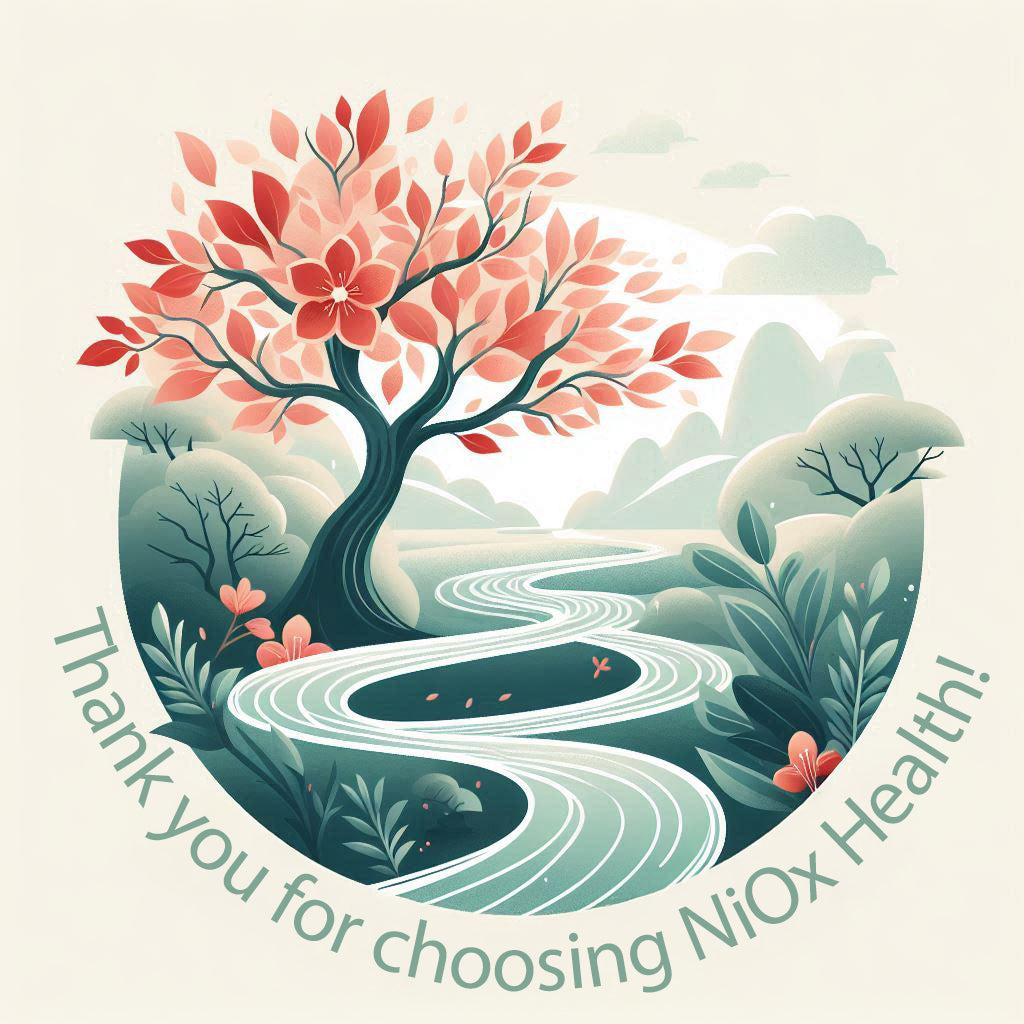Why sleep is so important!!
When it comes to health, most of us think of nutrition and fitness. What we often forget, however, is sleep, even though we spend a good third of our lives sleeping.
The power of sleep
It may feel like nothing much goes on when you’re asleep, but the mind and body are working hard. This hard work means benefits like:
- Improved memory
- Sharper attention
- Lower stress
- Increased energy
- Repaired muscles
- Improved mood
- Improved creativity
- Better decision-making
- Improved physical health
- Stronger immune system
- Boost in brain power
- Better mental health
What happens while we sleep?
Sleep is an active process of recovery for the body with various regeneration processes taking place throughout the body, such as cell renewal, muscle building and repair and other metabolic processes regulated by specific growth hormones and signal molecules.
An optimal night's sleep also enables the brain to store what it has learned and experienced during the day. During the day, information is temporarily stored in the hypocampus, however, since this part of the brain has only a limited storage capacity, the information is transferred to the neocortex during sleep so that it does not get lost. Healthy sleep is therefore a basic prerequisite for physical and mental health and performance - and by no means unproductive!
The sleep cycle
The nightly resting period is divided into several sleep phases in which the nervous system is sometimes less active and sometimes more. A rough distinction is made between REM sleep and non-REM sleep. The latter is divided into light sleep and deep sleep. About every 90 minutes, adults start a new sleep cycle that goes through these phases.
After a short “falling asleep” phase, in which the body slowly comes to rest, the first light sleep phase follows, in which breathing and heartbeat slow down. Light sleep makes up the largest part - about half - of the sleep cycle and thus of our sleep. It also forms the transition between deep sleep and the REM phase.
Light sleep is followed by the deep sleep phase. And deep sleep is exactly that - a deep sleep. During this phase we cannot be woken up easily. Pulse and blood pressure are significantly lowered and our digestive system and breathing continues to slow down. At the same time regeneration processes are switched on. The immune system is also particularly active in deep sleep. The deep sleep phases at the beginning of the sleep cycle can last up to one hour, towards the end of sleep they are considerably shorter.
Followed by another light sleep phase is the REM sleep (Rapid Eye Movement), also called dreaming stage. At this sleep stage we dream particularly intensely - and this is also visible through rapid eye movements under closed eyelids. The skeletal muscles are completely relaxed so that the body does not move around wildly in bed while dreaming. The learning process and the strengthening of memory are also linked to REM sleep. The brain is now highly active. Adults have a total REM sleep time of just over an hour. Newborns, on the other hand, spend almost all their sleep in the REM phase.
 Melatonin - the sleep hormone
Melatonin - the sleep hormone
The messenger substance responsible for our sleep is called melatonin. This hormone regulates sleep and wakefulness depending on light and darkness: while light inhibits melatonin production in the body, it is stimulated in the dark. Melatonin is produced and secreted by the pineal gland (epiphysis) - a part of the diencephalon. It is also produced in small amounts by the retina and intestine. By docking to special melatonin receptors, signals are transmitted in the hypothalamus, which cause us to become tired. The basic building block for melatonin is the hormone serotonin, which in turn is formed from the amino acid tryptophan.
Sleep deprivation and deficiency
Lack of concentration, reduced performance and low mood are just a few of the less dramatic side effects of sleep deprivation. Chronic sleep deprivation over a longer period of time can have serious health consequences, though, that can affect both the metabolism and the cardiovascular system.
For example, sleep disorders can be the cause of increased body weight. According to various studies, ghrelin, an appetite-stimulating hormone, is considerably increased in people with disturbed or insufficient sleep. Those who do not sleep sufficiently seem to eat more because of the increased feeling of hunger.
Studies have also shown that sleep problems also promote high blood pressure, which can have serious long-term consequences for the circulation and heart health. People who sleep less than 6 hours at night are more likely to develop cardiovascular diseases.
The immune system is also weakened by inadequate sleep – and we are talking of three hours less a night. According to current studies, people who suffer from sleep deprivation are more susceptible to colds. Sleep is therefore the best medicine to support the immune system.
Tips for better sleep
If you want to stay healthy, you should ensure sufficient sleep at night – that we know now. It is actually hard to believe that more than 30% of people from Western industrial countries suffer from sleeping disorders. There are various reasons for this, such as increased stress. With a few easy tips you can ensure a good night’s sleep:









How much sleep is enough?
This question is not easy to answer. The optimal duration for a restful night's sleep varies from person to person. On average, 7-8 hours is recommended for adults. Nevertheless, we each must find out for ourselves how much sleep is enough. If you just can’t get out of bed in the morning, you should consider going to sleep a bit earlier at night.
How does Nitric Oxide help with sleep?
This amount of help varies for individuals, but nitric oxide is essential in assisting your body work repairing and regenerating. As we get older our body produces less nitric oxide naturally so giving it a boost that lasts through the night assists the bodies repair and regenerate cycle, allowing our bodies to get the most of our sleep phase of the day. Keeping our nitric oxide not only boosts our overall energy while awake, but if we keep those levels 24 hours a day, it helps us recover while we sleep. Niox Infusion helps you keep your nitric Oxide levels optimised 24 hours a day!





Leave a comment
Please note, comments need to be approved before they are published.